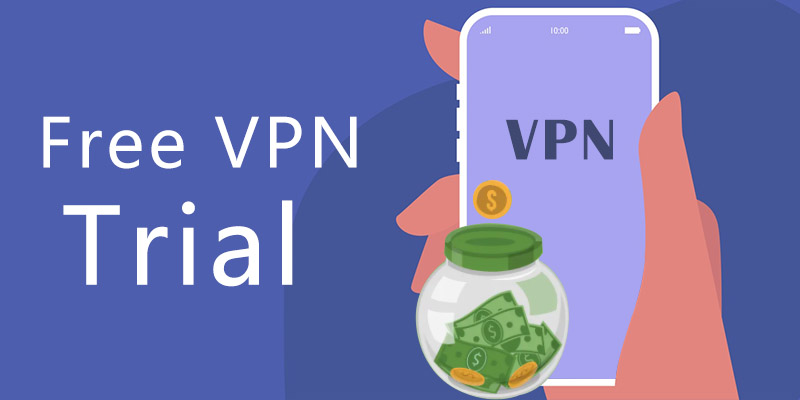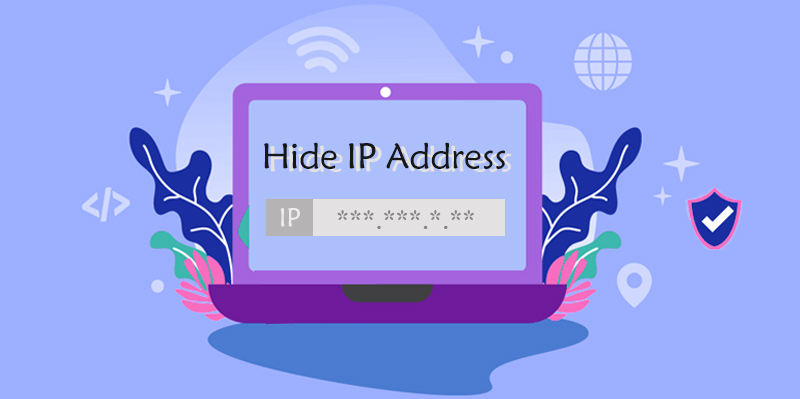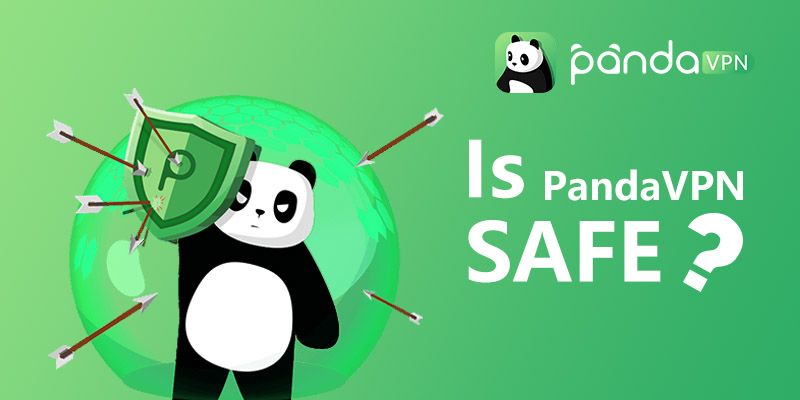What is IP Address? Basic Facts about IP Address
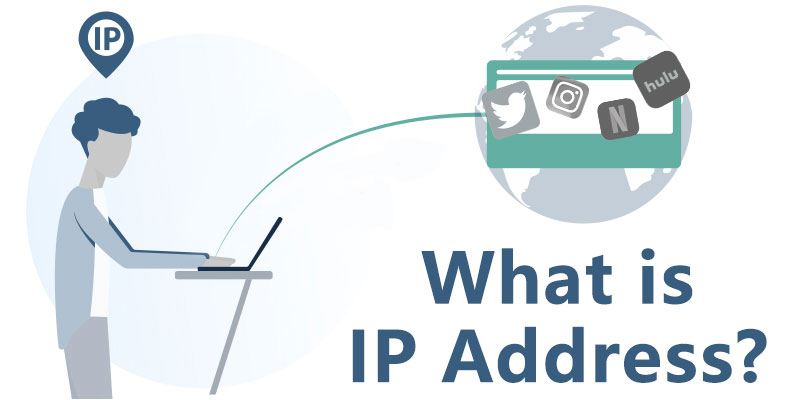
First, let’s figure out what IP is. IP stands for Internet Protocol, which is the basis of the Internet and lays out the rules and standards of internet connection. There are currently two versions, IPv4 and IPv6. IP requires that all devices must have a unique private IP address.
Simply put, an IP address is like your mailbox in the cyber world. How does an IP address work? Is your IP address secure? How to keep your IP address safe and private? Keep reading, and you can figure out these questions.

Main Types of IP Address
The following is a brief introduction to different types of IP addresses.
Public vs Private IP Address
A public IP address is what your ISP (Internet Service Provider) sets up for your home router. While a private IP address is what your router assigns to each device that is connected to the internet at a time.
Each device has its own private IP address, and more than one device can share the same public IP address. The public IP address is shared with the outside world, and your private IP address is not shared with the outside of your home or office network.
Static vs Dynamic IP Address
Normally, a static IP address is assigned by your ISP, which remains the same over time. While a dynamic IP address is the one that is assigned by the network you connect.
When your device is assigned a static IP address, it usually does not change. A dynamic IP address changes over time. Most devices use a dynamic IP address. And static IP addresses are more likely to be relevant for businesses.
How does an IP address work?
Your IP address is associated with your online activity. Any time you connect a network, your IP address is requesting access to a specific online destination, for example, websites, social software, and streaming services. Once the access request is granted, information will be sent back to your IP address. Then you can get what you need on your devices.
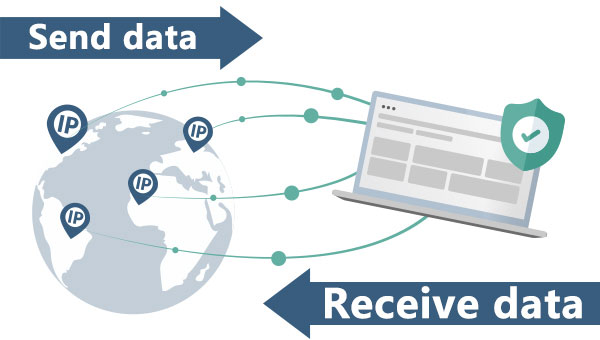
How to look up your IP address?
IP address lookup is easy.
On a Windows computer, visit the Network & Internet settings from the Settings menu. On a Mac computer, check the Network sections of your System Preferences.
On an iPhone, open Settings, select Wi-Fi and click the “i” in a circle that is next to the network you are on. Then you can see your IP address under the DHCP tab. On an Android phone, go to Settings > About Device > Status Information to look up your IP Address.
Is your IP address safe?
The followings are several potential security threats to IP addresses.
Government Monitoring
Some government agencies like the FBI devote themselves to government spying efforts. Through your IP address, your government might have access to who you are, where you are, and what you are doing.
Online Stalking
Your ISP, as well as any websites, apps, and online ads you visit, can track down your location and see your online activities. As you may have realized, online advertisers are recommending restaurants to you as if they know where you are and what you like.
See Also: 3 Tips to Stop ISP Tracking >
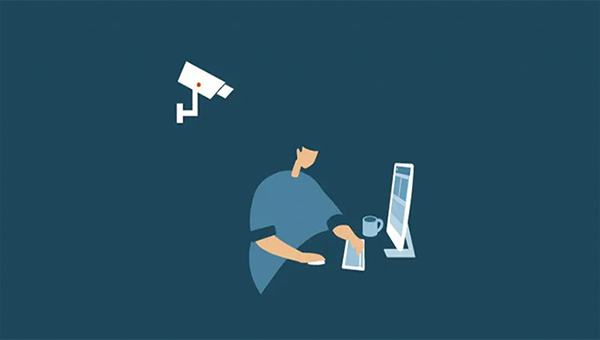
Hacker Attacks
Once your IP address is snooped by hackers, what they want to do is more than simply monitor your online activities. They might even illegally get your real identity and location, which is a gross violation of your privacy. They may use malicious programs to attack your network and even hack into your device to steal more of your information.
How to protect IP address security?
IP address reveals your identity, location, online activities. So, it’s quite important to keep your IP address private and safe. There are 3 tricks offered to help you protect IP address security.
By VPN
VPN service is the best option to protect your IP address. When you are planning to connect a network, you can choose one of the hundreds of servers offered by a VPN service provider to connect. Once you connect, your IP address will change to the IP address of the corresponding server. That is to say, your local private IP address will be hidden successfully.
In fact, besides hiding IP addresses, VPN has more services to offer. VPN can encrypt your online data like browsing history and cookies for privacy. Surfing anonymously is no longer a fantasy. With VPN, you can also access region-blocked websites, apps, and streaming content.
By Tor Browser
Tor Browser is free and open-source software, available to help you hide your IP address and surf the Internet anonymously. But it has its drawbacks. Speed is the biggest problem. For Tor’s anonymity, you have to sacrifice browsing speed. It’s so slow that you can hardly use it to watch videos on YouTube and Netflix.
Although the ISP can’t see exactly what you are doing, they can know that you are connecting to Tor. Then the government surveillance may follow. VPN is a better solution to hide your IP address compared to the Tor browser.
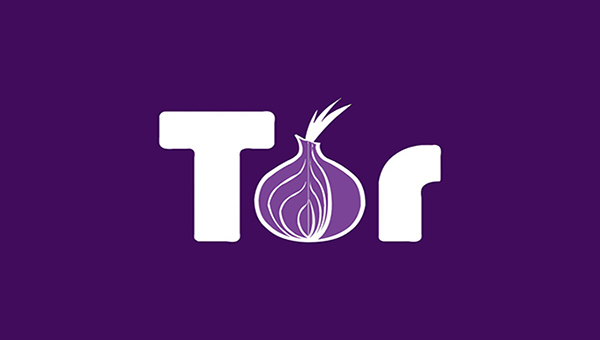
By Proxy Server
Proxy servers have similar functions to VPN services. When connecting to a proxy server, you are using the IP address of the proxy server. That is to say, the websites and apps you visit will not see your real IP address.
However, proxy servers won’t encrypt your online data. And they won’t hide your IP address from anyone who can intercept your traffic on its way from your device to the proxy servers. Moreover, the speed for watching videos is slow as well. If you are looking for a long-term privacy plan, a proxy server is not recommended.
Conclusion
What is IP address? An IP address serves as a mail address, through which the government, ISP, any websites you visit, apps you use, and online ads you see will have access to your private information and online activities.
Therefore, for your privacy security, we highly recommend you hiding your IP address under any network connection. This way, you’ll enjoy a more private and secure internet experience.
 Tony Bennett
Tony Bennett  2021.09.07
2021.09.07 



